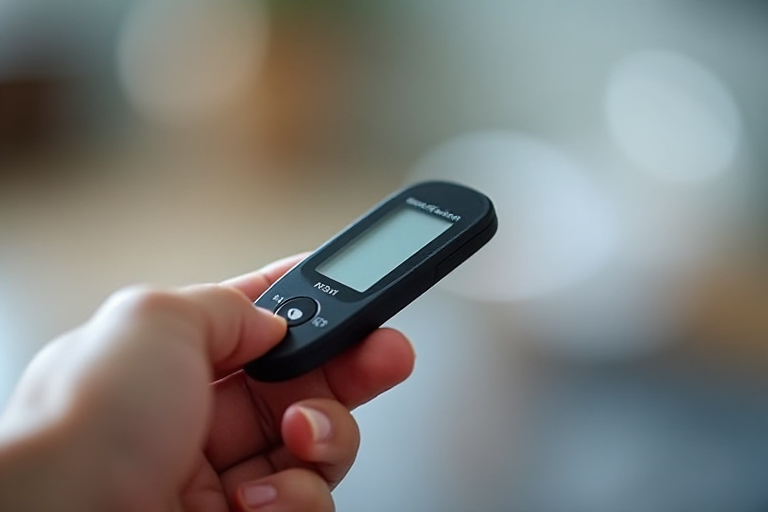
Maintaining optimal health and fitness is a multifaceted endeavor that involves regular exercise, a balanced diet, and consistent monitoring of vital health metrics. Among these, blood sugar levels play a crucial role, especially for individuals managing diabetes or those at risk of developing it. This article delves into the importance of blood sugar monitoring, the role of glucose meters, and how integrating this practice can enhance your overall health and fitness regimen.
Blood sugar, or glucose, is the primary source of energy for your body’s cells. It is derived from the foods you eat, particularly carbohydrates. The body regulates blood sugar levels through insulin, a hormone produced by the pancreas. However, imbalances in blood sugar levels can lead to serious health complications, including diabetes, cardiovascular diseases, and metabolic syndrome.
Regular monitoring of blood sugar levels is essential for individuals with diabetes to manage their condition effectively. It helps in making informed decisions about diet, exercise, and medication. For those without diabetes, monitoring can provide insights into how their body responds to different foods and activities, helping to prevent the onset of diabetes and other related conditions.
Modern glucose meters have revolutionized blood sugar monitoring. These devices are compact, user-friendly, and provide quick and accurate readings. They work by analyzing a small drop of blood, usually obtained through a finger prick. Some advanced models can sync with smartphones, allowing users to track their blood sugar levels over time and share data with healthcare providers.
Incorporating blood sugar monitoring into your fitness routine can offer several benefits. For instance, understanding how your blood sugar levels fluctuate during and after exercise can help you optimize your workouts. It can also prevent hypoglycemia (low blood sugar) during intense physical activities. Additionally, monitoring can aid in tailoring your diet to maintain stable blood sugar levels, which is crucial for sustained energy and overall well-being.
For athletes and fitness enthusiasts, maintaining stable blood sugar levels is vital for peak performance. Fluctuations can lead to fatigue, dizziness, and impaired cognitive function, all of which can hinder performance. By regularly monitoring blood sugar levels, athletes can make necessary adjustments to their nutrition and hydration strategies, ensuring they remain at the top of their game.
Moreover, blood sugar monitoring can be a valuable tool for weight management. High blood sugar levels can lead to increased fat storage, particularly around the abdomen. By keeping blood sugar levels in check, individuals can better manage their weight and reduce the risk of obesity-related health issues.
In conclusion, blood sugar monitoring is a critical component of maintaining health and fitness. Whether you are managing diabetes, aiming to prevent it, or simply looking to optimize your physical performance, understanding and monitoring your blood sugar levels can provide valuable insights. With the advent of advanced glucose meters, this practice has become more accessible and convenient than ever. By integrating blood sugar monitoring into your daily routine, you can take proactive steps towards achieving and maintaining optimal health.
